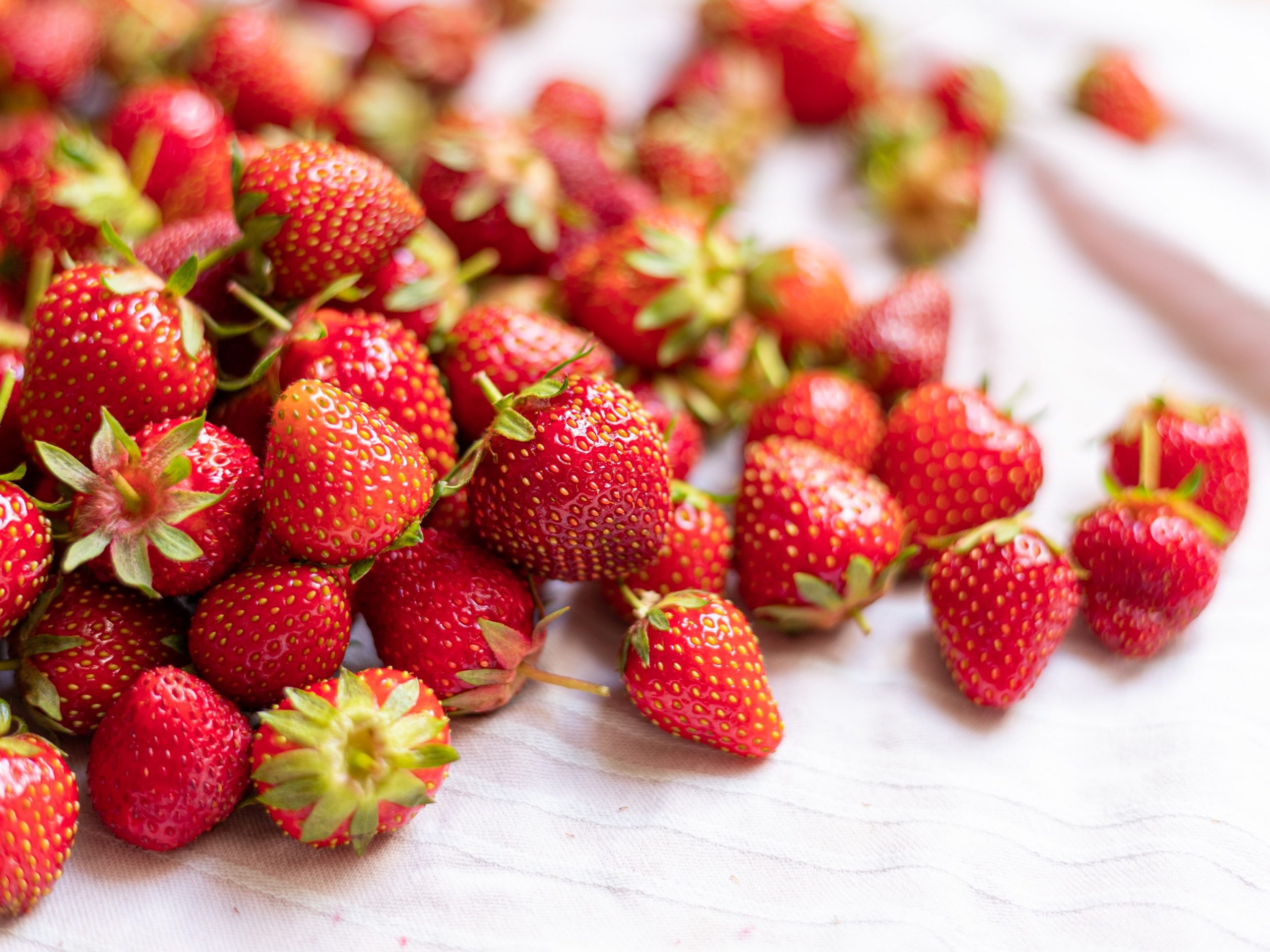
12 May Pesticides In Produce: 2024’s Clean Fifteen And Dirty Dozen
The Environmental Working Group have recently released their 2024 Clean Fifteen and Dirty Dozen. This ‘Shopper’s Guide to Pesticides in Produce’ is designed to help you shop smarter and avoid fruits and vegetables most likely to be laden with pesticides.
In 2017, government testing found pesticide residues in 47% of British food, with many of these containing more than one pesticide. Non-organic food production routinely uses pesticides which can pollute the environment and make their way into our food chain. In this article, we’ll take a look at the foods to prioritise buying organic.
We are a team of qualified, experienced nutritionists who specialise in weight loss. If you’re looking to overcome your weight challenges, achieve your desired weight and maintain it long term, we can help. Book your complimentary call with our team today to find out more.
WHAT ARE THE 2024 CLEAN FIFTEEN AND DIRTY DOZEN?
The EWG’s ‘Clean Fifteen’ and ‘Dirty Dozen’ is a helpful guide that identifies those foods that have the most and least pesticide residues. It can help you identify which fruit and veg you should prioritise organic and those where the conventionally farmed version may not be quite so bad.
Topping the list in 2024 are strawberries (again) which were found to contain the highest levels of pesticide residues. The EWG is an American organisation and so the information gathered relates to American produce, however British farming methods do not differ greatly. The “Dirty Dozen” list of fruits and vegetables with the highest pesticide residues also includes spinach, kale, grapes, peaches, and others. The list is published annually to warn consumers. The EWG found 209 pesticides across the Dirty Dozen items, with two fungicides potentially harmful to male reproductive health.
In general, we recommend choosing organic produce wherever possible. However, we do recognise that organic produce is not always readily available and can cost substantially more. So which foods should you prioritise buying organic?
THE 2024 DIRTY DOZEN
Here’s a list of the fruits and vegetables found to be most contaminated with pesticides this year.
- Strawberries
- Spinach
- Kale, collard and mustard greens
- Grapes
- Peaches
- Pears
- Nectarines
- Apples
- Bell and hot peppers
- Cherries
- Blueberries
- Green beans
You might be thinking ‘can’t I just give them a good wash?’ It is often claimed that using water with vinegar in, or a saltwater solution, can help remove some pesticides but there’s no guarantee that all residues will be removed.
On the upside, here is the 2024 list of produce least covered with pesticide residues:
THE 2024 CLEAN FIFTEEN
- Avocados
- Sweet corn
- Pineapple
- Onions
- Papaya
- Sweet Peas (Frozen)
- Asparagus
- Honeydew melon
- Kiwi
- Cabbage
- Watermelon
- Mushrooms
- Mangoes
- Sweet potatoes
- Carrots
This guide just focusses on fruit and vegetables and it doesn’t cover animal produce like eggs and meat, which we would always advise buying organic, or at least free range and traditionally reared. Buying organic is a choice you make not only for your health, but also for the welfare of animals and the future of the environment.
To find out more about the benefits of switching to organic, read our post on 5 Reasons To Eat Organic.
GET WEEKLY HEALTH, WELLNESS AND WEIGHT LOSS UPDATES
Keep up to date with the latest happenings in the world of health and wellness. Subscribe to Kim’s newsletter and get weekly news, tips and advice direct to your inbox.
WE CAN HELP
We are a team of qualified nutritionists who specialise in weight loss. If you’re ready to overcome your weight challenges, achieve your goal weight and maintain it long term, we can help. You can use this link to book in for a complimentary call. This is an opportunity to talk through your challenges with a member of our team and decide together whether one of our Intelligent Weight Loss programmes is right for you. Or contact us to request a copy of our brochure and we will get back to you soon.


